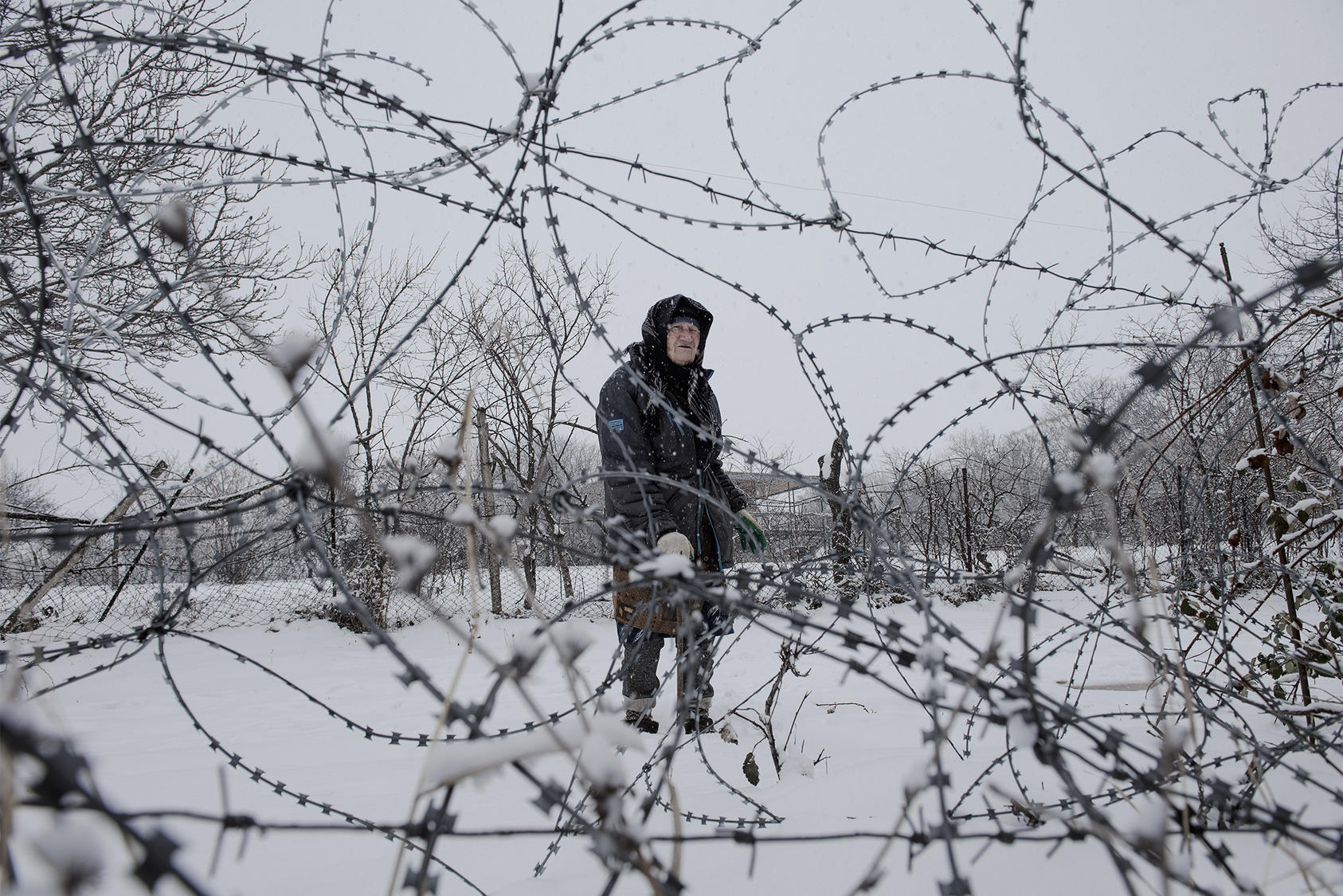As Europe faces a harsh winter with rising energy prices and the ongoing conflict in Ukraine, experts say that the continent’s political solidarity remains strong despite internal divisions within the European Union. Ian Lesser notes that high energy prices are a major concern across Europe, with some countries more dependent on Russian oil and gas than others. The crisis has increased awareness of the dangers of dependence on authoritarian states for energy while also pressuring governments to secure new deals at all costs. This scramble for energy has led to tensions between Eastern European countries and the rest of the continent, with former Soviet and Warsaw Pact countries like Poland and the Baltic states pushing for more military assistance and traditional European leaders like France and Germany to do more.
However, there is growing convergence in security thinking between Eastern and Western Europe and between Europe and America, with enhanced EU defense and stronger trans-Atlantic cooperation now more compatible than ever. European military assistance to Ukraine is appreciated, but there are concerns that it came too late, with the pace of supplies sometimes slower than expected. Russia’s propaganda weaponizing winter is creating concerns about solidarity fatigue, particularly in former Warsaw Pact countries, but there is an understanding that defending the continent comes with a price.
Europe’s winter woes have highlighted the challenges of internal divisions and dependence on Russian energy, but they have also strengthened trans-Atlantic cooperation and led to a rethinking of military defense policies. As Europe struggles to navigate these challenges, enhanced cooperation between Eastern and Western Europe and between Europe and America will be critical to its future.
